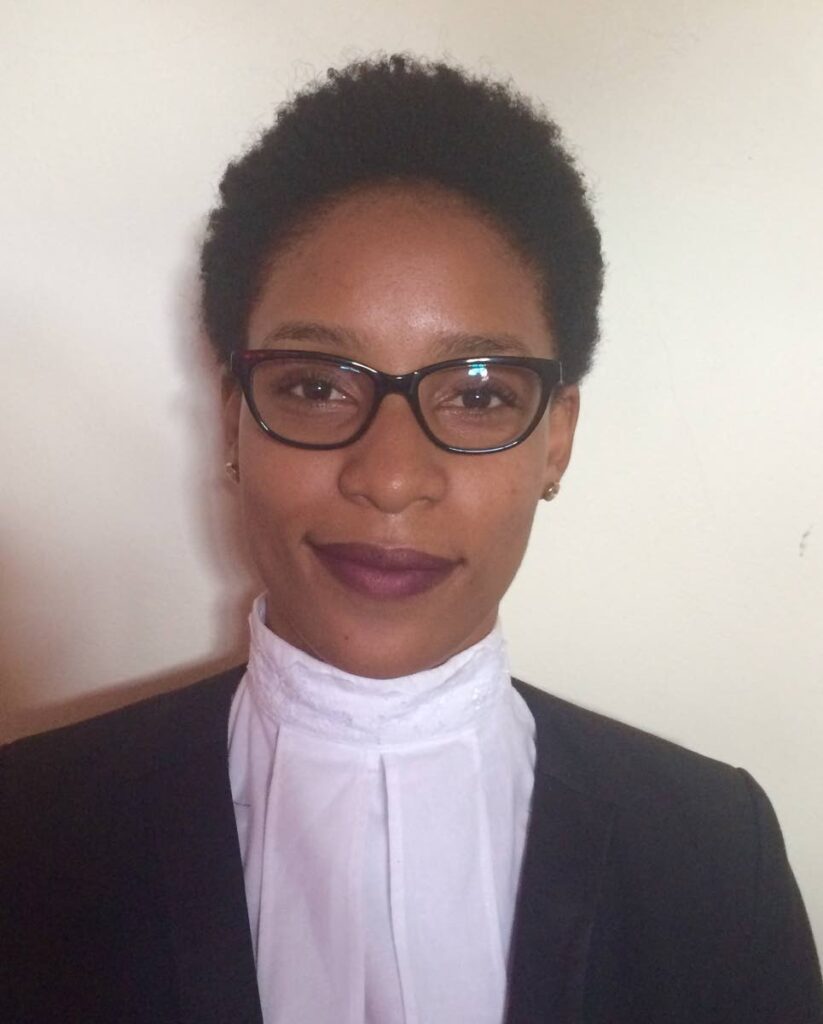Don’t underestimate the power of a break

Kanisa George
WE LIVE in a hustle and grind, fast-paced reality that glamorises non-stop movement.
Going after the money is the driving force behind most of our actions, and we barter blood, sweat, and time to rack it up, often at the expense of our personal lives and health.
Those of us who spend most of our time plotting our next power move or tactically arranging pieces to ensure professional domination rarely consider slowing down.
Even without the desire for world domination at the forefront, navigating multiple roles, no matter how minute, can make it difficult to take stock of everything around us.
In a fast-paced world, even the concept of taking annual leave often contemplates non-stop action, trips, and adventure, with little thought for rest.
While I am not advocating that we disregard the joys of adventure and fulfilment, most of us, in our downtime, often don’t factor in pausing.
We have been so conditioned to believe that the hustle-and-grind culture is all we need to succeed that we see rest as a sign of weakness instead of a builder of resilience.
I recently stumbled across a video about the power of rest and how, as a society, we’ve adopted a skewed perception of its relevance. And I’m not talking about the prescribed seven hours per night that most of us seldom achieve.
When I speak of rest, I’m referring to time set aside to give yourself “your undivided attention.” Where work, other responsibilities or the demands of an active social life don’t take precedence, and you give yourself permission to slow down.
Interconnectivity and accessibility have bred within us the fear of missing out, which drives the feeling that we “can’t and won’t stop because we won’t succeed, or perhaps someone else will be rewarded.
Contrary to popular belief, we aren’t superhuman, so it doesn’t matter how capable or adept you are at managing many roles; if you don’t value pausing, your health and well-being will suffer.
No matter how you slice it, the hustle culture doesn’t always make you resilient. It often puts you on track to feeling burnt-out or an overwhelming sense of lack of fulfilment.
Many fail to accept that a busy, high-activity lifestyle comes with high stress levels.
Too much stress puts our bodies into "fight or flight" mode, causing our body functions to rev up so we can escape the apparent danger.
This can happen multiple times during the day and can potentially damage our well-being if we ignore it.
When we don’t take a moment to pause, we become sucked into this whirlpool and become more susceptible to chronic stress, which can cause a host of conditions such as gastrointestinal issues and high blood pressure, and an increased risk of heart disease and stroke.
Researchers found that while it is expected to get caught up in a routine to the point where nothing else matters, you won’t effectively make the most of an experience, like working through kinks or problem-solving, without the benefit of a break.
Switching focus is one thing, but the real power lies in taking time for "not doing."
Taking a pause in this light grants you the opportunity to stop for a moment and be aware of what is going on with your thoughts and body.
According to experts, this does not mean switching to activities like scrolling Facebook or watching TV. It’s about being in a space that allows you to be fully aware of what is happening.
The idea that we all, from time to time, need to take a meaningful pause should be an essential part of our existence. We don’t always have to try to activate our “dig-deep” button when it’s clear we’ve got no muster left within us.
Resorting to an attitude of “keep pushing through” when it’s clear taking a step back might be the best approach often leaves us with less to offer, not just the task we’re trying to tackle, but ourselves.
Author Brene Brown argues that when we pause and refuse to hit that "dig-deep" button automatically, we are not giving up on finding a way to eventually get back on track; it means we care for ourselves enough to take time to reflect and rejuvenate.
Taking a pause isn’t a sign of slowing down; it’s an investment in a healthy version of your future self that can only be realised when you take it slow.
“Through the sacred art of pausing, we develop the capacity to stop hiding, to stop running away from our own experience. We begin to trust in our natural intelligence, in our naturally wise heart, in our capacity to open to what arises."
So hustle all you want and make the most of your experience, but don’t for one minute think that taking a pause reduces your value. So breathe in, slow down, and take a break.

Comments
"Don’t underestimate the power of a break"